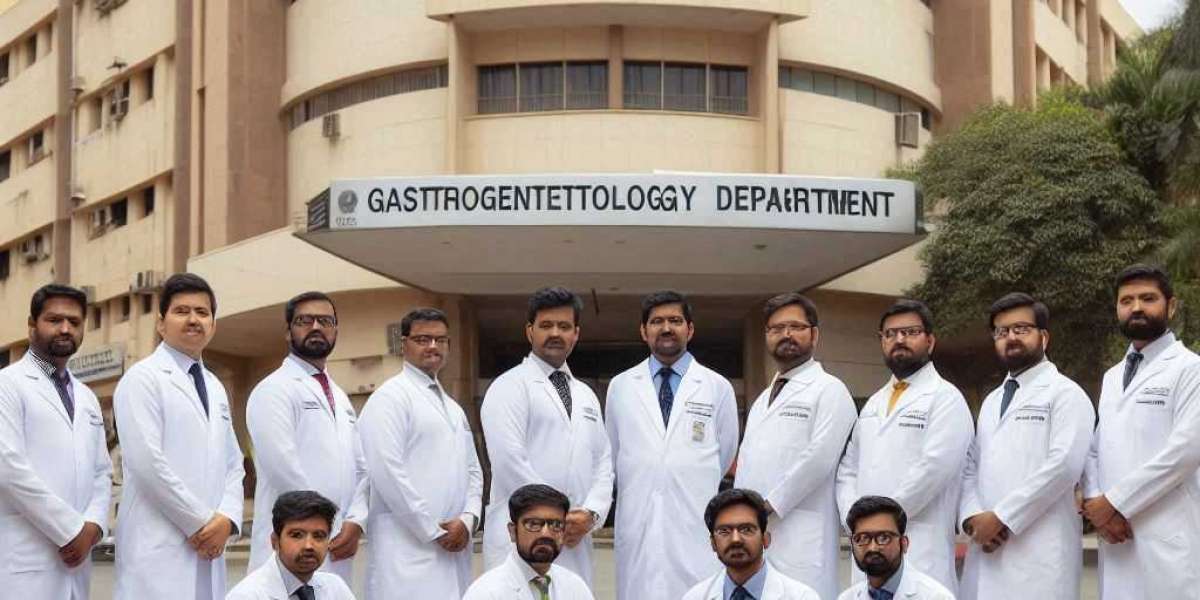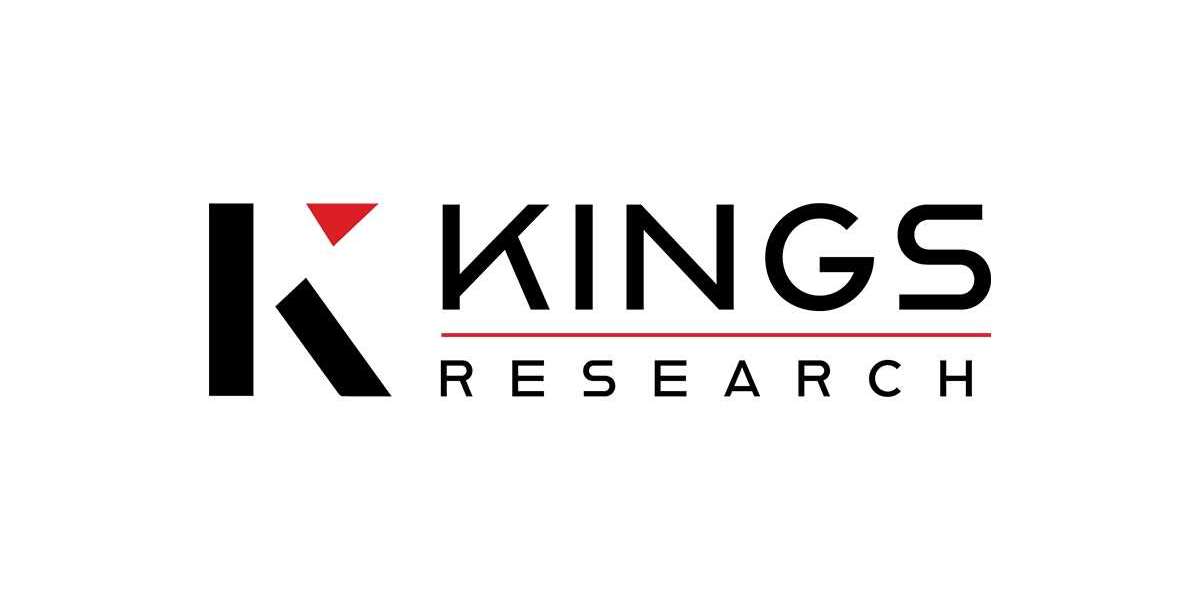Neurosciences is a vast and evolving field dedicated to understanding the intricacies of the brain, spinal cord, and nervous system. This specialized branch of medicine focuses on diagnosing, treating, and researching various neurological disorders, ranging from common conditions like migraines to complex illnesses such as Parkinson’s disease and Alzheimer’s. With recent advancements in technology, the field of neurosciences is witnessing a transformation, offering improved diagnostics and treatment options that enhance patient care and recovery outcomes.
What is Neurosciences?
Neurosciences encompass a variety of disciplines that study the nervous system’s structure, function, and development. It includes fields such as neurology, neurosurgery, and neuropsychology, all of which contribute to a holistic approach in understanding the brain’s role in controlling bodily functions and behaviors. Medical professionals specializing in neurosciences, such as neurologists, neurosurgeons, and neuropsychologists, work collaboratively to assess, diagnose, and treat neurological conditions.
Key Areas in Neurosciences
The neurosciences field can be broadly categorized into several specialized areas:
- Neurology: This branch focuses on the medical management of neurological disorders without surgical intervention. Neurologists diagnose and treat conditions like epilepsy, multiple sclerosis, and migraines.
- Neurosurgery: Neurosurgeons deal with surgical interventions in cases where medications are ineffective, addressing issues like brain tumors, spinal cord injuries, and aneurysms.
- Neuropsychology: Neuropsychologists study how brain function impacts behavior and cognition, often working with patients who have suffered brain injuries or have degenerative conditions.
- Neuroimaging and Diagnostic Tools: Techniques like MRI, CT scans, and PET scans are crucial in visualizing brain structures and detecting abnormalities, allowing for early diagnosis and treatment.
- Neurogenetics: This emerging field focuses on the genetic factors influencing neurological diseases, enabling early detection of inherited conditions like Huntington's disease.
Common Neurological Disorders
The field of neurosciences deals with various neurological disorders, which can affect individuals of all ages. Some of the most common conditions include:
- Stroke: A leading cause of disability, strokes occur when blood flow to the brain is interrupted, damaging brain cells. Early intervention is critical for recovery, and neurosciences offer advanced methods to restore blood flow and limit damage.
- Parkinson’s Disease: This progressive disorder affects movement and motor skills due to a decline in dopamine levels in the brain. Neurosciences play a vital role in managing symptoms through medications, lifestyle adjustments, and in some cases, surgical interventions.
- Epilepsy: Epilepsy is characterized by recurring seizures and affects millions worldwide. Neuroscience research has significantly improved understanding of epilepsy, leading to effective medication and treatments.
- Alzheimer’s Disease: A degenerative brain disorder, Alzheimer’s leads to memory loss, cognitive decline, and behavioral changes. Neurosciences contribute to early diagnosis and research on therapies to slow the disease's progression.
- Multiple Sclerosis (MS): MS is an autoimmune disease where the immune system attacks the protective covering of nerve fibers. Advances in neurosciences have led to therapies that slow down its progression and help manage symptoms.
The Role of Advanced Technology in Neurosciences
Technology has revolutionized neurosciences, enabling professionals to diagnose, treat, and manage neurological disorders more effectively. Some of the groundbreaking technologies include:
- Neuroimaging and Brain Mapping: MRI and functional MRI (fMRI) have transformed our ability to map brain activity and identify abnormalities. These tools allow for non-invasive visualization, helping specialists pinpoint disease areas accurately.
- Robotic Surgery and Minimally Invasive Techniques: Neurosurgeons now use robotic-assisted surgery to perform complex procedures with greater precision and minimal recovery time. This advancement has proven especially useful in tumor removal and spinal cord surgery.
- Neurostimulation and Deep Brain Stimulation (DBS): Neurostimulation involves sending electrical impulses to specific brain areas to treat conditions like Parkinson’s disease and epilepsy. DBS, a form of neurostimulation, has been successful in reducing symptoms of severe tremors and movement disorders.
- Artificial Intelligence (AI) and Machine Learning: AI is being integrated into neurosciences for predictive analysis, allowing healthcare providers to anticipate disease progression. Machine learning algorithms are used to analyze vast amounts of neurological data, aiding in research and personalized treatment planning.
- Genomics and Personalized Medicine: Genomic research enables doctors to understand the genetic factors influencing neurological disorders, paving the way for personalized medicine. This approach tailors treatments based on individual genetic makeup, improving efficacy and reducing adverse effects.
Preventing and Managing Neurological Disorders
While some neurological disorders are genetic or age-related, others can be prevented or managed by following a healthy lifestyle. Here are some essential tips:
- Maintain a Balanced Diet: Consuming foods rich in antioxidants, omega-3 fatty acids, and vitamins can promote brain health.
- Regular Exercise: Physical activity increases blood flow to the brain, reduces inflammation, and helps prevent neurodegenerative diseases.
- Mental Stimulation: Engaging in activities like reading, puzzles, and social interaction helps maintain cognitive function.
- Adequate Sleep: Poor sleep quality is linked to memory loss, depression, and neurodegenerative diseases. Quality sleep helps rejuvenate brain cells and supports memory consolidation.
- Stress Management: Chronic stress negatively impacts brain health, leading to conditions like anxiety and depression. Practices like meditation and mindfulness can help reduce stress levels.
Neurosciences at Leading Hospitals
Top hospitals, including apollohospitals, are at the forefront of neuroscience research and treatment. Facilities like these have dedicated neurosciences departments equipped with state-of-the-art diagnostic and therapeutic tools. Specialists at apollohospitals offer comprehensive care for various neurological disorders, ensuring patients receive accurate diagnoses, personalized treatment plans, and continuous support for recovery and long-term management.
The Future of Neurosciences
As research progresses, neurosciences will continue to uncover the complexities of the brain and nervous system. Here’s what the future holds:
- Advances in Brain-Computer Interfaces (BCIs): BCIs are devices that enable direct communication between the brain and external devices. This technology could revolutionize treatment for paralysis and other motor disabilities by allowing patients to control prosthetic limbs with their thoughts.
- Improved Treatments for Mental Health Conditions: Neuroscience research is delving into the biological basis of mental health disorders, promising more effective treatments for conditions like depression, anxiety, and schizophrenia.
- Neuroplasticity-Based Rehabilitation: Neuroplasticity refers to the brain’s ability to reorganize itself. Therapies focusing on neuroplasticity can aid in recovery from brain injuries, strokes, and neurological disorders by encouraging the brain to form new connections.
- Stem Cell Therapy and Regenerative Medicine: Stem cell research holds potential for regenerating damaged brain cells, providing new hope for treating spinal cord injuries, ALS, and other degenerative diseases.
Neurosciences continue to evolve, offering new insights and solutions for complex neurological disorders. With advanced technologies and an interdisciplinary approach, specialists are better equipped to address the challenges of neurological care. Institutions like apollohospitals are pivotal in this progress, bringing cutting-edge research and treatment options to patients. By promoting brain health through preventive measures and supporting advancements in treatment, neurosciences hold the key to enhancing quality of life for millions worldwide.







